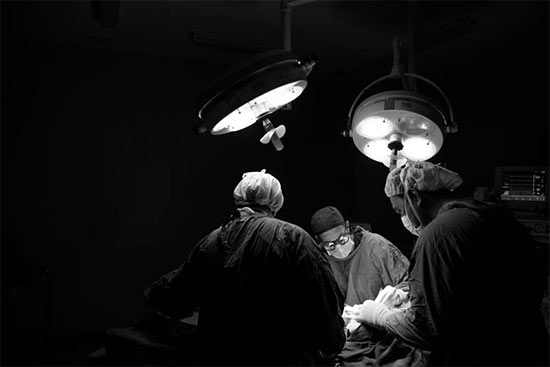Facial Trauma Surgery
Our faces define our identity, and reflect our personality. Unfortunately, the results of facial trauma can alter our appearance and the way we feel about ourselves.


Causes of facial trauma
These injuries can be very distressing and our aim is to look after you in a caring and efficient manner, and to allow you to return to your normal activities as soon as possible. Many of these injuries can be treated under local anaesthesia on the same day. More significant injuries, and those in children, will usually require a general anaesthetic. Scarring will normally always result after a laceration, but with precise repair and careful post-operative wound management we hope to make the scar heal with as little impact on your appearance as possible.
Car accidents and facial trauma

All Surgical Procedures Carry Risks
Before proceeding, you should seek a second opinion from an appropriately qualified medical practitioner.
Individual results may vary due to a number of factors, including genetics, and variations in healing and recovery, and the potential for complications. The outcomes experienced by one person do not necessarily reflect the outcomes that other people may experience. Potential outcomes and possible variations will be discussed during your consultations
Cosmetic surgery is real surgery, and will most often require a general anaesthetic. All surgery will require a period of recovery before returning to normal activity, as outlined in the particular procedure information. Although uncommon, complications can and do occur, and may affect the final result of your surgery. The potential risks will be discussed fully during your consultations, and you will have the opportunity to ask questions about the various risks in your particular circumstances. Risks may include the general risks of surgery, as well as the risks specific to the procedure, and include poor quality scarring, excessive bruising and swelling, infection, bleeding, pain, asymmetry, nerve injury, anaesthetic complications, drug reactions, unsatisfactory cosmetic outcomes, the need for further surgery, and permanent disability and death.
As a specialist plastic surgeon, Mr Morgan is appropriately trained and qualified to deal with complications of surgery, including the ability to admit you to hospital, if required.
